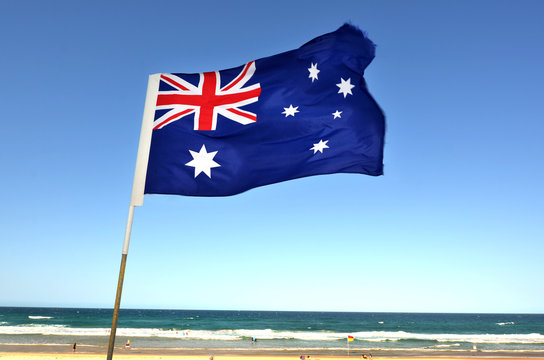



Article by: Hari Yellina (Orchard Tech)
It is an established fact that Australia is a developed country. While the nation has gone a great way in the 230 years since colonisation commenced, recent highway and rail disruptions in rural South Australia revealed that there is still a long way to go before the nation can genuinely call itself a first world country. Australia may be classified as a country of droughts and floods. While it may appear that the people are more accustomed to the former than the latter, it is important to remember that when the heavens open in the outback, flooding rains might occur.
People in the north and west of the country watched in disbelief as a single rainstorm brought three-quarters of the country to the brink of starvation because the road and rail network that transports freight to the 19% of the population who dare to live away from the safety and convenience of the east coast was shut down for more than a week. What does it say about a wealthy and progressive country like Australia that it lacks a viable option for transporting crucial products across the country after a little rain?
It implies that the few individuals who live west of the Dividing Range, are out of sight and out of mind for those who are meant to be in charge of guaranteeing the wonderful nation’s continued growth. Many opine that politicians of all stripes have long overlooked the needs of inland Australia, preoccupied with the pork barrelling that keeps them in power. In fact, the Stuart Highway’s lengthy closure, as well as the ensuing chaos and delays in reestablishing critical supply lines, was a political gift.
The politicians, on the other hand, have chosen to entirely disregard this gift horse. Instead of seizing the chance to commit support for our grossly underdeveloped national infrastructure, lawmakers did little to secure the country’s continued prosperity and progress. With representatives like that, Australia will remain a developing country, a country divided into “haves” and “have nots,” where some benefit from bitumen roads, stocked supermarket shelves, and easy access to essential services, while the rest are condemned to live in a third-world country because they are out of sight and out of mind.